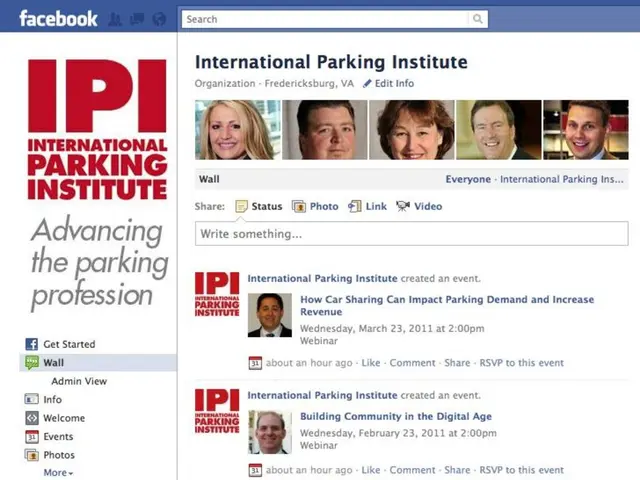Adolescents almost equally claim that social media negatively impacts their mental wellness, according to a survey.
Updated Take:
The impact of social media on the mental health of young people is gaining attention from parents, teachers, healthcare professionals, and lawmakers. Approximately half of US teenagers now believe that social media has a predominantly negative effect on their peers, with a corresponding decrease in their own social media usage. This insight comes from a report by the Pew Research Center, which polled teens and parents about their attitudes towards social media and smartphones.
The report arrives at a time when calls for social media companies to take action are growing louder. Parents and regulators are pushing for companies to do more to ensure the safety of young users and reduce their screen time. Notably, the Surgeon General asked Congress to require warning labels on social media platforms similar to those on alcohol and tobacco products. Additionally, Australia enacted a world-first law banning children under 16 from social media, and Utah mandated app stores to verify users' ages and share this data with developers.
To gather the data, Pew surveyed 1,391 US teens between the ages of 13 and 17, as well as their parents, during September and October of last year. When asked about the impact of social media on their peers, 48% of teen respondents said it has a "mostly negative" effect, up from 32% in a previous survey by Pew in 2022. Conversely, only 14% of teens said social media has a "mostly negative" impact on themselves, although this figure has risen from 9% in 2022. However, 45% of teens acknowledge spending too much time on social media, and 44% have reduced the amount of time spent on these platforms.
According to the report, teen girls are more likely than boys to report a negative impact on factors such as sleep, productivity, mental health, and self-confidence. Studies from 2019 suggest that the link between social media and depression may be stronger among teen girls, with social media increasing their exposure to bullying and reducing activities that promote wellbeing.
Meanwhile, future regulations aimed at protecting young people from the harmful side of social media are being proposed and enacted worldwide. For example, California is considering legislation that would hold social media platforms accountable if they violate their duty of care to children, and the UK has passed the Online Safety Act, which mandates platforms to implement age verification tools and adhere to strict standards for age-appropriate services.
In response, social media giants like Meta, which owns Instagram, have implemented various policies to better protect minors on their platforms. This includes teen accounts with private default settings, restricting messaging, and limiting exposure to potentially dangerous content for those under 18. Parents can also set controls and permissions for their teenagers' accounts.
Nonetheless, the debate is far from over. Parents remain more anxious than teenagers about the effects of social media on young people's mental health, with technology ranked as one of the most significant negative factors by parents. Yet, young people still appreciate the opportunities social media provides for expressing themselves creatively and staying connected with their peers.
- The tech industry, particularly social media companies, faces significant risks amidst growing concerns over the impact of their platforms on the mental health of young users, particularly teens.
- Despite the potential negative effects reported by teens, such as spending too much time on social media and negative impacts on mental health, a substantial number of them still see value in these platforms for creative expression and peer connection.
- The digital landscape, including health-and-wellness, science, entertainment, and business sectors, increasingly finds itself in the crosshairs of regulators worldwide, with calls for action to ensure the safety and wellbeing of young users.
- In the realm of business, tech giants like Meta, owners of Instagram, have taken steps to mitigate risks by implementing policies such as default private settings for teen accounts, restricting messaging, and limiting exposure to potentially harmful content for users under 18.
- Amidst the increasing scrutiny, a whistleblower has come forward, raising concerns about Meta's prioritization of profit over user safety and well-being, which could further fuel the calls for regulation and oversight.
- As the debate persists, some experts predict that the industry will grapple with these issues somewhat similar to the challenges faced by the tobacco and alcohol industries in the past, where regulations have gradually tightened to protect public health and well-being.








